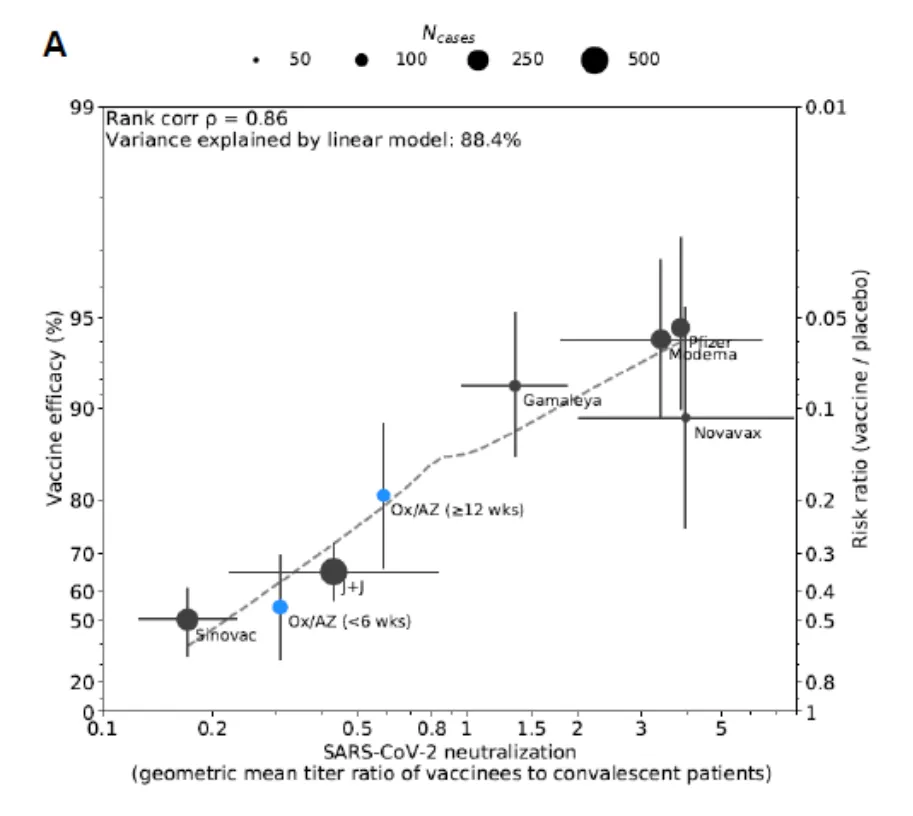
I've been doing some reading about breakthrough infections with vaccines to other viruses. The ones that I found the most data on were hepatitis B and E.
The Hep B virus is transmitted mostly by contact with blood, and is contagious enough that you can get it just by living with someone, either through contact with saliva or from a small scrape with a little blood. It is also frequently transmitted during childbirth. To avoid this, babies born to moms with the virus are given a shot of antibodies plus a vaccine right after birth. This is pretty good at reducing transmission to the baby, but there are some breakthrough cases. One interesting study looked more closely at the breakthrough transmissions during childbirth and found that they were happening when the mom had high levels of virus that presumably overwhelmed the antibodies and vaccine in the baby.
Antibodies from the Hep B vaccine decay fairly rapidly. People vaccinated in childhood are typically losing antibodies by the time they are teens. Looking at Hep B breakthrough cases not transmitted through childbirth (right image), there is a correlation between antibody levels and protection. Looking at the graph, you might imagine that at some point the risk would go to zero, but there was one person who had a breakthrough infection with high levels of 4800. So most likely if you are exposed to a high enough viral load, high antibodies are not going to prevent infection.
We also see this with the Hep E vaccine (left image). There is a big benefit to having even low antibodies, but above a certain threshold more antibodies don't further reduce breakthrough cases.
Obviously we don't have this level of data for covid vaccinations yet. In general, for covid vaccines (and antibodies from having covid) there is a correlation between antibody levels and efficacy (third image). But the highest efficacy seen in the trials was about 95%. If you extrapolate from the graph seen here, you'd need about 12,000 u/ml on the Roche scale to get to 99%. There are diminishing returns. Of course, now that vaccines are widely available, the background risk is going down. Vaccine efficacy is a reduction in relative risk and must be understood in the background of absolute risk. If there is less virus flying around because a lot of people around you are vaccinated, your likelihood of getting a breakthrough infection is lower.

Correlating antibody levels with protection:
https://www.ncbi.nlm.nih.gov/pmc/articles/PMC8142841/pdf/main.pdf
Breakthrough hep B in childbirth transmissions:
https://www.sciencedirect.com/science/article/abs/pii/S0168827805804945
Hep E breakthrough data:
https://onlinelibrary.wiley.com/doi/pdf/10.1111/1469-0691.12419
Hep B breakthrough data:
https://citeseerx.ist.psu.edu/viewdoc/download?doi=10.1.1.939.5333&rep=rep1&type=pdf
Another interesting study on Hep E vaccine efficacy:
https://www.nejm.org/doi/pdf/10.1056/NEJMoa1406011